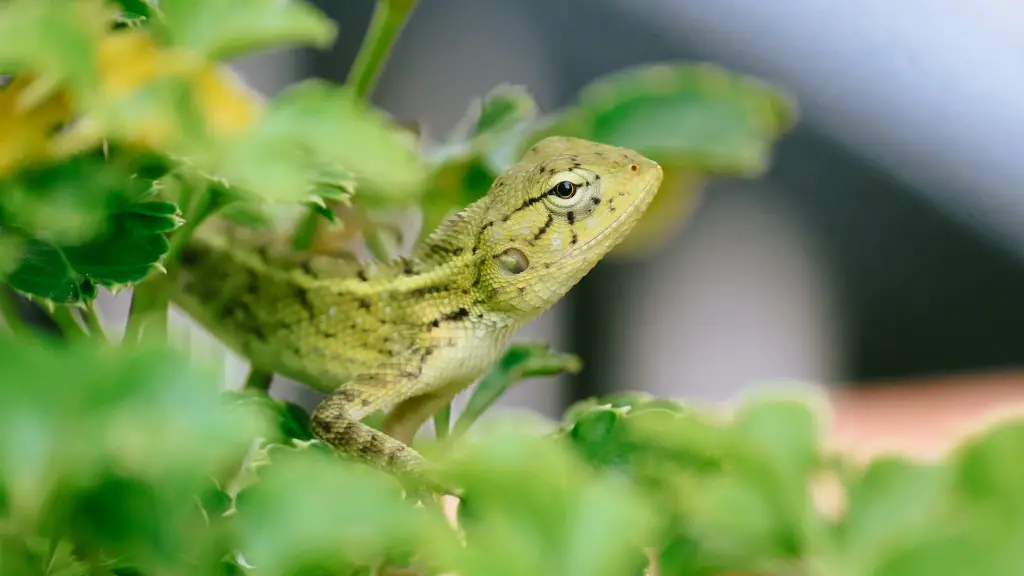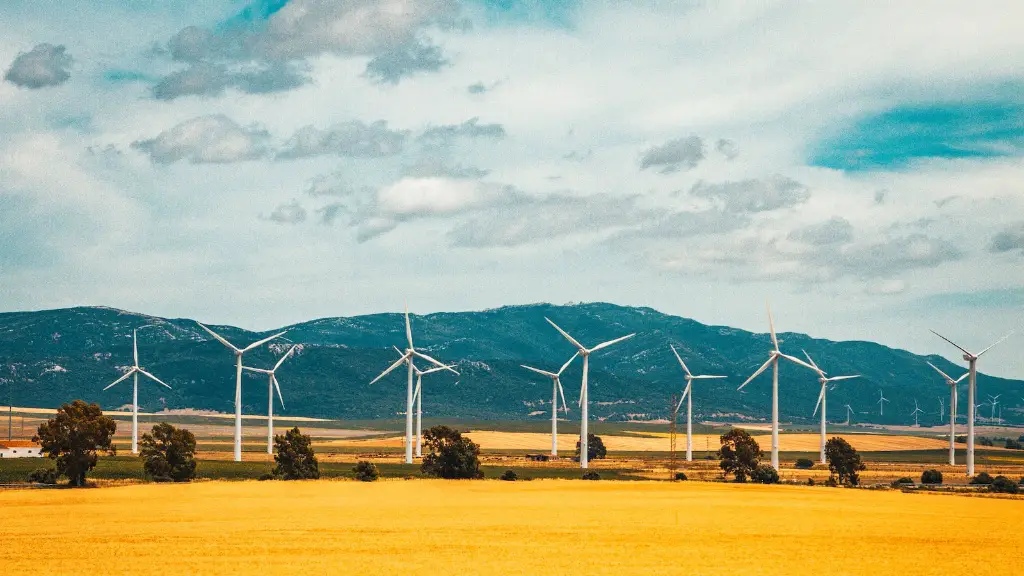In recent decades, many Christians have become concerned about the state of the natural environment and the impact of human activity on the planet. This has led to the development of a branch of theology known as Christian ecology.
Christian ecology is concerned with understanding the biblical view of humanity’s relationship with the natural world and developing a Christian response to environmental issues. It is based on the belief that God is the creator and sustainer of all life, and that humans are stewards of his creation.
There are a range of different views within Christian ecology, but all share a concern for the environment and a belief that humans have a responsibility to care for the earth.
The term “Christian ecology” refers to the environmental movement within the Christian community. This movement promotes the responsible stewardship of God’s creation and advocates for the protection of the natural world. Christian ecology is founded on the belief that humans are called to care for the Earth as stewards and to respect the intrinsic value of all creation. Christian ecology groups work to educate and raise awareness about environmental issues within the Church and society at large. They also lobby for policy change and support grassroots initiatives that protect the environment.
What is an example of religious ecology?
Ecological diversity is an important aspect of religious traditions. For example, Jerusalem is the center of a larger sacred bioregion where three religious traditions, Judaism, Christianity, and Islam, have both shaped and been shaped by the environment. This diversity is evident in the varied environmental contexts and bioregions where religions have developed over time.
Christ’s work of redemption necessarily includes all of creation, since he is the one who created and sustains all things. This means that the whole web of relations between humans and the rest of creation is restored through Christ. This is what it means to say that Christ’s work is ecological.
What is the Christian view of ecology
Christian environmentalists believe that it is our responsibility, as stewards of God’s earth, to take care of the environment. We are called to be good stewards of the resources that God has given us, and to use them wisely and responsibly. We believe that God has entrusted us with the care of His creation, and that we are to use it in a way that is consistent with His will and His purposes.
Spiritual or religious ecology is about our relationship with nature and the planet. It encompasses our attitudes, values, and practices towards the natural world. Spiritual or religious ecology can inspire us to respect and protect nature, and to use it wisely.
What are 3 ecology examples?
Population ecology focuses on the dynamics of populations, including growth and decline, while behavioral ecology investigates the behaviors of individual organisms and how they impact the environment.
Ecologists study the relationships between living things and their environment. This can include things like the soil under your feet, the animals and plants in a rainforest, or the ocean. By understanding these relationships, ecologists can help us to protect and conserve our natural world.
What are the four concept of ecology?
Organisms are the basic unit of ecology. An organism is defined as a being that lives and interacts with its environment.
Communities are composed of populations of different species living and interacting with each other.
Populations are groups of individuals of the same species that live in a particular area.
Ecosystems are composed of communities of different species living and interacting with each other and their physical environment.
Our world is constantly changing and evolving, and so are the creatures that inhabit it. In order to survive, they must adapt to their surroundings and learn to coexist with other organisms. This is what makes ecological research so important- by understanding these relationships, we can help preserve the fragile balance of life on Earth.
Is Christianity responsible for the ecological crisis
Christianity has been charged with contributing, actively or passively, to the ecological crisis including pollution, extinction of many plants and animal life, and climate change (Leiss 1994; White 1967). But other traditions in Christianity, such as those of St. Francis of Assisi, respect for nature, and the theology of the incarnation, suggest that the religion could be a force for ecological healing (McFague 1982; Cobb, Process Theology 1985).
In the beginning, God created the heavens and the earth. This is the foundation of His work. From here, He began to establish His covenant with every living creature. He promised them fruitfulness and multiplication, and that they would fill the earth. Additionally, He promised that the trees of the hills would clap their hands in joy.
How does religion affect ecology?
This is an interesting finding, and it raises a lot of questions about the role of religion in society. It appears that religious beliefs may have a significant impact on how people use resources and how they respond to environmental challenges.
Ecospirituality is a broad term that can encompass a number of different concepts. At its core, ecospirituality is about the relationship between humans and the natural world. It emphasizes the interconnectedness of all living beings and the need to respect and care for the environment. Ecospirituality can be practiced in a number of ways, including through connecting with nature, being mindful of our impact on the environment, and working to protect and preserve the natural world.
Who founded spiritual ecology
In his article, White argued that the Christian worldview and its associated values were at the root of the ecological crisis because they prioritized humans over nature. This worldview, he argued, led to the exploitation of natural resources and the belief that humans were above nature and could control it. This article was hugely influential in launching the field of spiritual ecology.
There is a great diversity of groups and beliefs that fall under the umbrella of earth religions. Paganism, for example, is a polytheistic nature-based religion, while animism is the belief that all living entities possess a spirit. Wicca, meanwhile, worships an earth mother goddess and engages in practices like magical spell-casting. Earth religions are often deeply rooted in nature and offer a unique perspective on humanity’s place in the world.
What religions are eco friendly?
This is something that is common among many different faiths – the acknowledgement of the need for environmental stewardship. This is seen in the holy texts of many different faiths, which urge followers to be caretakers of the Earth and its biodiversity. This is an important part of many different faiths, and something that can help to create a better world for all.
Ecology is the study of how organisms interact with their environment. This can include how they interact with other organisms, how they use resources, how they respond to changes in their environment, and how they impact their environment. Ecologists use this information to understand how ecosystems function and how they can be managed in a sustainable way.
Conclusion
Christian ecology is the study of how human beings can live in harmony with the natural world, in accordance with Christian principles. It encompasses a wide range of topics, including environmentalism, sustainable development, and creation care. Christian ecologists believe that humans have a responsibility to care for the earth and its creatures, and that this care should be based on the teachings of the Bible.
The Christian ecology is the study of the environment from a Christian perspective. It encompasses the physical world, including the organisms that live in it, as well as the spiritual world of humanity’s relationship with God. Christians have a responsibility to act as stewards of creation, and this includes taking care of the environment. The goal of Christian ecology is to bring about a reconciliation between humans and the natural world.





